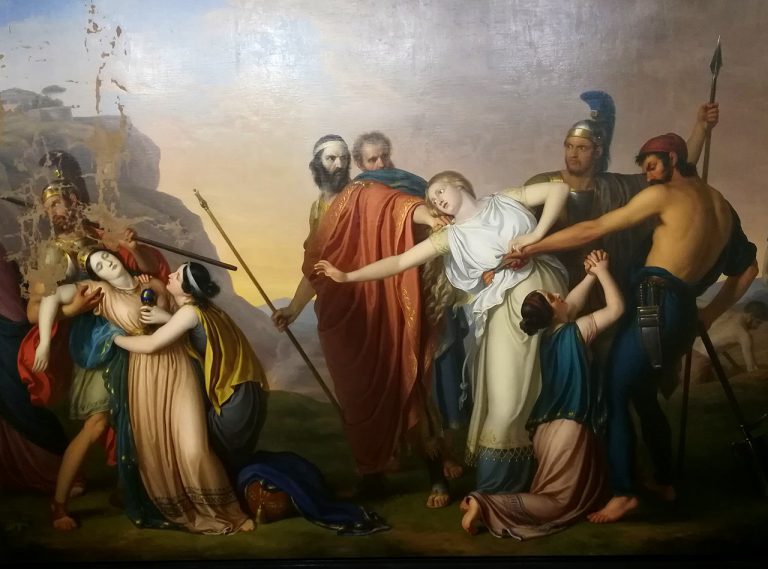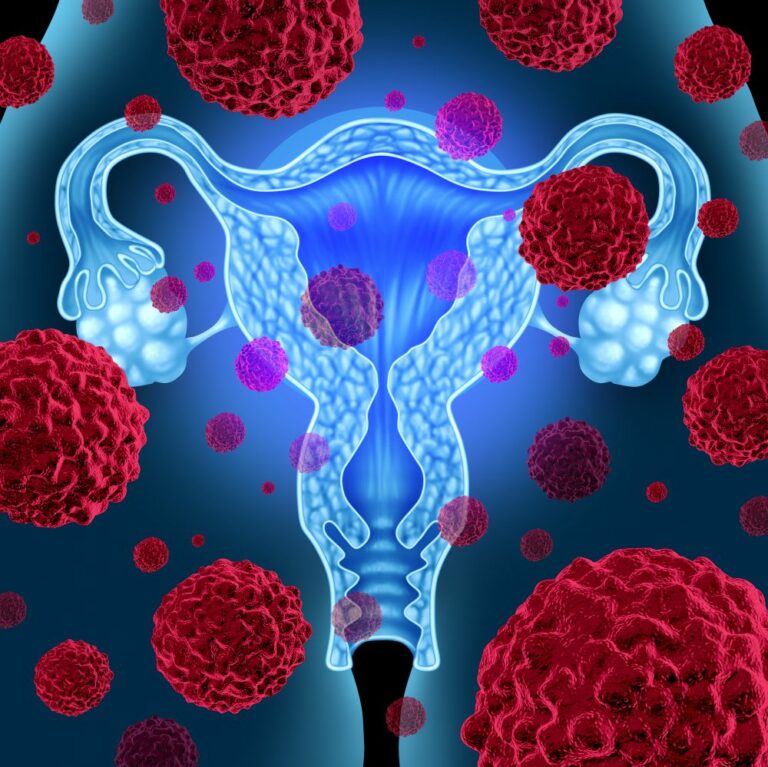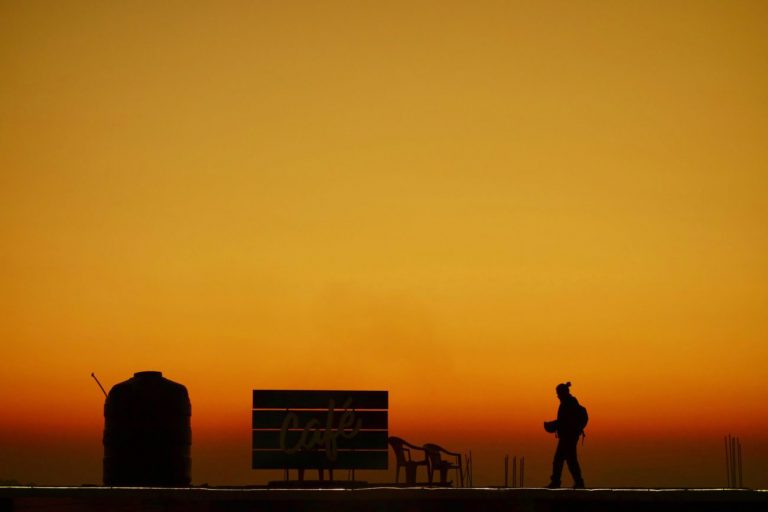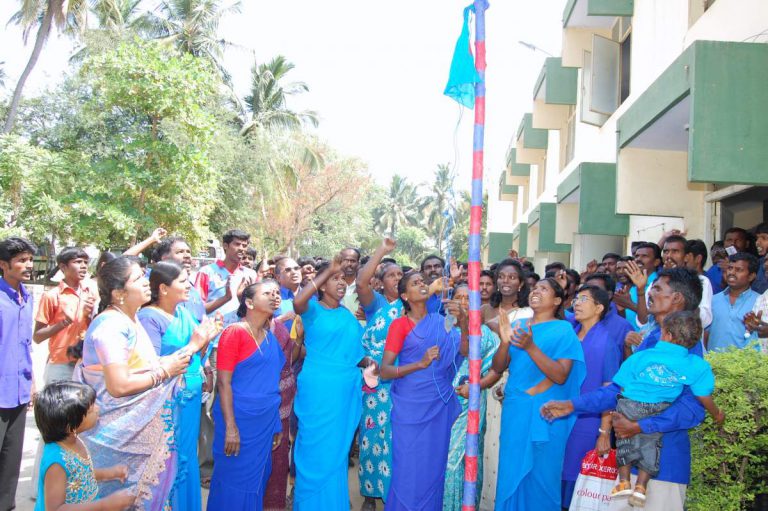Transgender Persons Act, 2019: The disguised arrest of choice
[responsivevoice_button voice=”Hindi Female” buttontext=”Read out this Theel for me”]
There is a very thin line between a legislative framework detailing promise on human rights on the one hand, and procuring actual entitlement over those rights on the other, through the fabric of state-run institutions. The disparity between them is a real Litmus-test for assessing the efficacy of legislation.
Every piece of legislation addresses an aspect of socio-political discourse, encompassing the subject and the relative impact that it carries on the same. It is portrayed more often than it is envisaged- as unique assimilation of social milieu, carved on the touchstone of justice and relief. It is also the same reason, the lines on which opposition mounts up against the whole skeleton of Law. The Parliament in the previous sessions tabled the contentious Transgender Bill 2019. The law went on swiftly in both the houses to become a law. It unraveled several fundamentally stifling aspects pertaining to walks of life of a myriad of communities.
Transgender is defined as a person- whose gender does not match the gender assigned to that person at the time of his/her birth. The category includes a trans man or trans woman, a person with intersex variations, queer, and a person having known by identities such as kinner, hijra, and aravani. There is a nuanced and harsh history to the plight of transgender people in the socio-legal realm.
This reality is poignantly documented in the Naz Foundation judgment delivered by the Delhi High Court. It was only to be overturned by the Supreme Court. The Supreme Court also, many years later, sided with decriminalizing choice- emanating from the kind of sexual orientation one has. More profound case law was the NALSA judgment, which delved upon crucial attributes revolving around the life of the transgender community, imbuing it with the spirit of the unifying effect of Constitutional Fundamental Rights.
Transgender people- contentions
The present Bill disregards the right of self-determination by side-stepping- people’s right to name who they are, as well as ignoring the political will of the communities affected by the Bill. It defines transgender individuals as “neither wholly female nor male.” It criminalized begging. Begging forms a huge part of their culture in South Asia, and is a means of survival to the vast majority of transgender people. It mandates procuring certificates as a proof of identity of a transgender person. The document is to be issued by the District Magistrate, on the recommendation of a Screening Committee- comprised of a medical officer, a psychologist or psychiatrist, a district welfare officer, a government official as well as a transgender person.
This led to massive public outcry and protests. The law prohibits discrimination against a transgender person, including denial of service or unfair treatment in relation to education, and in all walks of public life. However, there are glaring loopholes that are conducive to further discrimination against transgender.
The potential for discrimination
People opposing the Bill see it inappropriate to include the intersex community in the definition of transgender as all intersex people do not identify themselves as trans people making it, thereby even more ambiguous and unnecessary. The requirement of the court order to decide whether a trans child will live with the biological family or the community family (Gharana) is also seen as a blatant human rights violation crushing the consent. Also, the provision of penalty for rape of a trans person is just six months to 2 years. In contrast, it is life imprisonment in case of rape of a woman, whereas endangering the life of a transgender person is punishable by a maximum of only two years in prison. In reality, the issues of not excluding intersex people from the definition of a trans person, doing away with the medical screening for identification, taking the punishment at par with other genders for crimes against transgender will not lead to the intended social, economic and educational empowerment of the community.
Further restitution of trans child to families or rehabilitation without any provision which talks about the consent of people leaving them with virtually no agency remaining silent on the common phenomenon that is conversion therapies, which is a form of abuse by families and doctors on vulnerable transgender. It might establish a silent yet possible supply chain of oppression and harassment by all institutions while meting out a significant form of discrimination. It is giving unfettered power to agencies ranging from a district magistrate to doctors, to name or discredit a person on whom the law would have been applicable. It is accentuated by promoting segregation in binaries and normalizing gender policing. The dominant language in this law is of the state more than the autonomy of the transgender community, which is not how instruments and machinery of explicit human rights law are designed to operate.
The malice of arbitrary conformity
The Bill implores the idea of enforced gender conformity- making the whole point and pressing need for inclusivity and freedom of expression getting jeopardized. For previously before the Highest Court of the land, a legal declaration was sought for holding that non-recognition of their gender identity, which is more than one at the time of birth, violates Articles 14 and 21 of the Constitution of India. The transgender community pleaded that- their inability to express themselves in terms of binary gender denies them the equal protection of the law and social welfare schemes.
They also prayed for legal protection as a backward community, as well as the right to be able to express their self-identified gender in government forms. The jurisprudence of our Constitution looks down upon Laws, that are deviously framed, to uphold well-being yet crush liberty swiftly. The reason is attributable to the fact that- if an enactment rests on a landscape of vagueness, leaving ample space for possible manifest arbitrariness, it cannot be said to be in conjunction with Rule of Law.
On multiple accounts, this piece of Law grades the citizens unjustly and is deceiving, to say the least.
Featured Image Credits: Wikimedia







Readers' Reviews (2 replies)